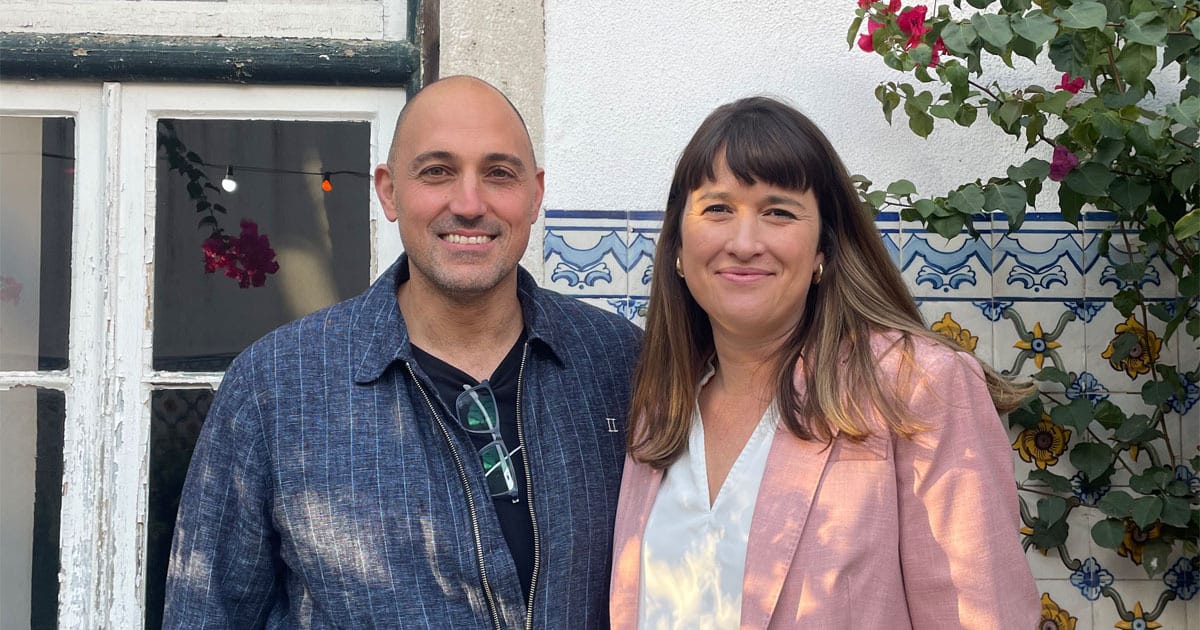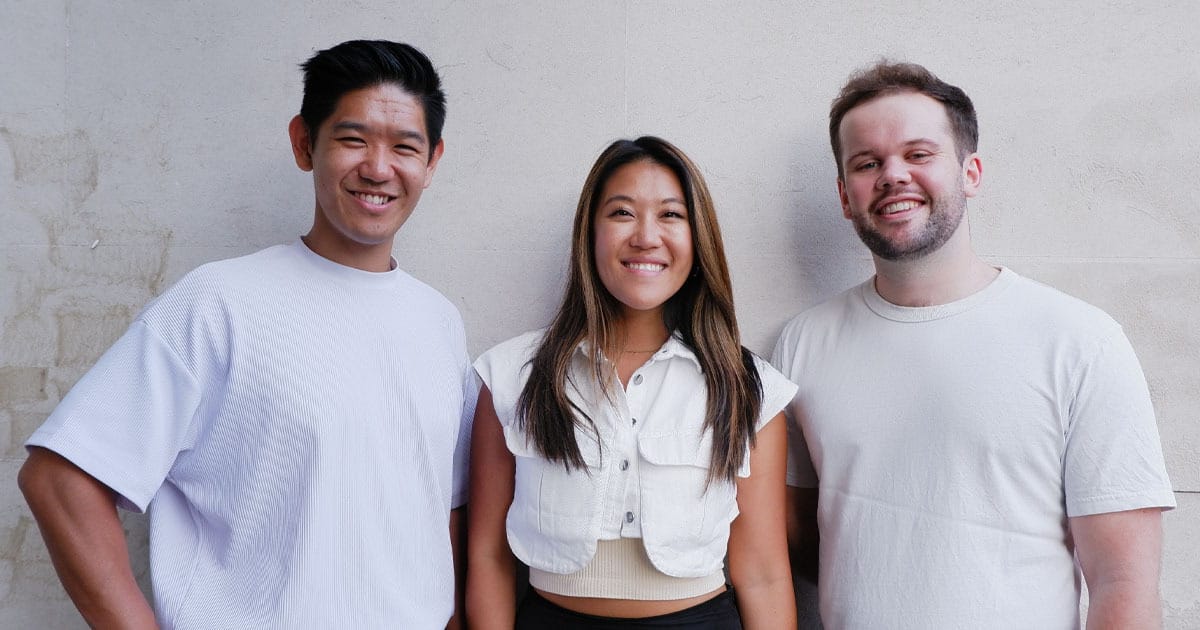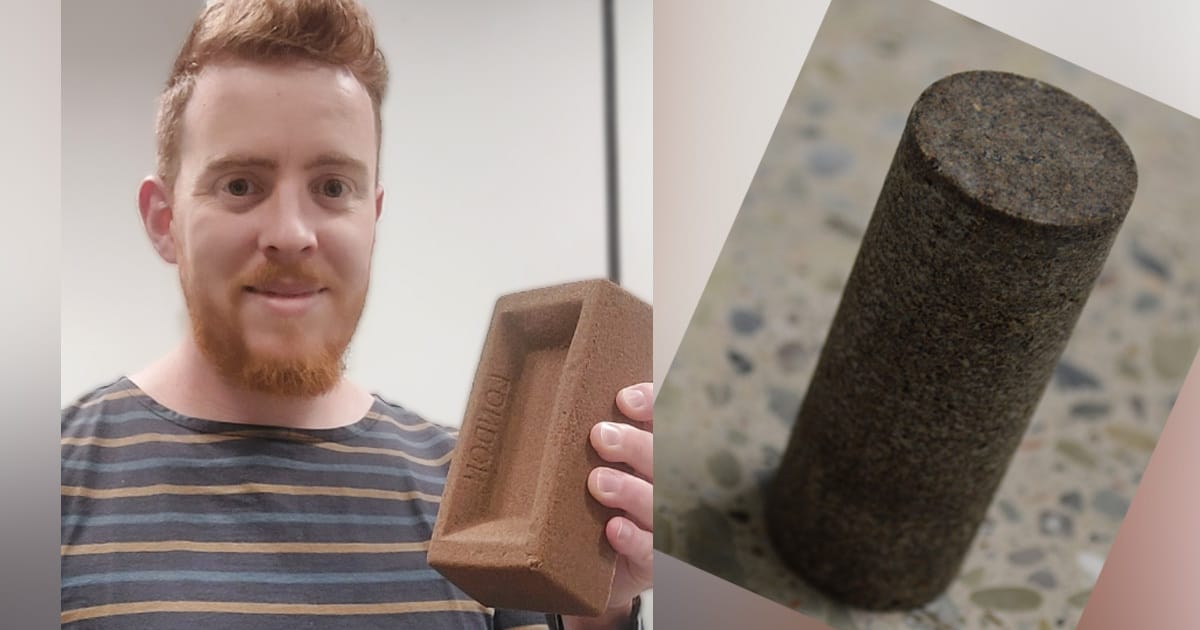- PreSeed Now
- Posts
- 10 startups that excited you most over the past year
10 startups that excited you most over the past year
Our rolling 12-month startup pulse check is back


Today, as we do four times per year, we’ve checked the metrics and calculated the 10 most read and shared startup profiles on PreSeed Now from the past 12 months.
If this was an old episode of Top of the Pops, I’d be standing on a balcony surrounded by smiling audience members, telling you that we have two new entries and a new number one.
But who are they? Read on and find out!
– Martin
How Canva, Perplexity and Notion turn feedback chaos into actionable customer intelligence
Support tickets, reviews, and survey responses pile up faster than you can read.
Enterpret unifies all feedback, auto-tags themes, and ties insights to revenue, CSAT, and NPS, helping product teams find high-impact opportunities.
→ Canva: created VoC dashboards that aligned all teams on top issues.
→ Perplexity: set up an AI agent that caught revenue‑impacting issues, cutting diagnosis time by hours.
→ Notion: generated monthly user insights reports 70% faster.
Stop manually tagging feedback in spreadsheets. Keep all customer interactions in one hub and turn them into clear priorities that drive roadmap, retention, and revenue.
The 10 startups getting you most excited over the past 12 months
…based on reads and shares on PreSeed Now:
PeriPear

PeriPear cofounders Eviatar Natan and Nina van Schaick
This startup is solving a serious problem very much deserving of attention, in the field of women’s health - a notoriously under-funded area. So, it was good to see PeriPear get such a good response from PreSeed Now readers.
Perineal tear injuries occur in as many as 90% of vaginal births, and nearly half of these injuries will require surgical repair.
Midwife Nina van Schaick was frustrated with the lack of innovation in reducing these problems, which can result in expensive surgery and longer hospital stays for new parents, and complicate what should be a happy occasion.
Currently, a warm compress is best practice for reducing risk of tears, but van Schaick says that in many cases, even that doesn’t happen. So PeriPear is developing a device designed to be used during childbirth that could significantly reduce the problem of perineal tear injuries.
Location: Oxford
Veraty

Veraty co-founders Jeremy Chan, Vivienne Chan, Ryan Turnbull
“Two of the biggest blockers to startup and scale-up growth that we found is often the law; legal regulation, but also customer legals, legal teams and requirements, and then also data protection or cyber security,” says Veraty co-founder Jeremy Chan.
“So what we’ve tried to do is build in one platform, a legal AI that can handle all of those queries that startups and scale-ups might face, and unblock teams to help them grow quickly.”
In practice, this means a single AI interface to handle all the legal hurdles a startup might face. This includes everything from basic legal documents, to regulatory challenges, customer complaints, and closing B2B deals.
Eventually, the Veraty team wants to replace lawyers entirely for these tasks, but they’re being careful about how they build the product and even provide customers access to human lawyers where needed.
Location: London
PreSeed Now profiles super-early-stage B2B and deep tech startups you need to know about.
Get it in your inbox for free:
Ureaka

Ureaka founder Philip Salter with some of his concrete creations
Concrete is one of the (literal) building blocks of the modern world, and yet it comes with environmental impacts that can be difficult to avoid.
But what if at least some of the negative impact could be removed by creating concrete in a new way? That’s what Scottish startup Ureaka is working on with its simple-sounding pitch: “We turn CO2 into concrete.”
“Ureaka makes carbon-negative bio-concrete,” explains founder Philip Salter. CO2 is stored inside the concrete as part of the production process.
“We remove the inherently high carbon footprint of concrete, and we're also storing carbon in it.”
Location: Glasgow
Nafura

Nafura co-founder Harry Brooksbank
“We're living in 2025 and we've got advanced quantum computing and we can land a rocket on a floating barge, but when you look at what we're doing in terms of wastewater, it’s so archaic,” argues Harry Brooksbank, co-founder of Nafura, a brand new startup taking a fresh approach to dirty water.
Nafura’s approach harnesses a process called plasma gasification, which is already used to treat other forms of waste.
The idea is that wastewater is pumped through Nafura’s device, where it is blasted by a plasma torch in a thermal plasma gasification process.
“We can destroy any contaminant. It doesn't matter if it's biological, chemical, or even physical microbes - solvents, nasty pesticides, or even microplastics. We can destroy them all in situ,” Brooksbank explains.
Location: Derby
Rightbrain

Rightbrain’s Peter Cheyne and Matt Wells
Rightbrain pitches itself as being focused on helping users “Ship AI features faster. From prompt to production.”
What does this look like in practice? Co-founder Peter Cheyne explains: “We allow people to build production-ready generative AI features in natural language. We take care of the actual generation of the APIs themselves, we do the hosting, we do the security.
“We’re about getting LLMs to perform in a manner that is consistent, easy to integrate, easy to host, and implementing that in such a way that a team who's never actually worked with this before feels comfortable that they are using it in the right way, they are hosting it in the right way, the data's been handled the right way.
“That's daunting for a lot of businesses. And the problem tends to be that often the people who understand the business problem aren't the ones who deliver the final solution. So you end up with a disconnect between the potential application of generative AI and the actual real world deployment of it. And that's where we come in.”
Location: Newcastle-upon-Tyne
Enginuity

Enginuity founder Richard Heggie
A stat commonly thrown around says that up to 95% of filed patents are never put to any use.
Enginuity wants to do something about that with its mission to “make the world’s IP searchable and actionable for innovators”.
You could just go to Google Patents to search up all of the patents featuring certain keywords you’re interested in, but the results are rudimentary and better suited to finding a patent you already know about than exploring innovations.
What Enginuity wants to do is help R&D departments, entrepreneurs, universities, and investors better understand what already exists in fields they work within, and help them build upon it.
Location: Distributed (founder based near Southampton)
Myoform

Myoform co-founders Sacha Attiach and Theo Wiley
The precision nutrition market in North America alone has been pegged at around $6 billion, with a prediction that it could reach $12.89 billion by 2029.
Myoform is a new startup entering this space with a focus personalised supplements for athletes of both the professional and serious non-pro kind.
As co-founder and CEO Theo Wiley puts it, Myoform wants to take the principles of precision medicine and apply them to consumable health products.
A Myoform customer begins with a genetic test. They spit in a tube and send it back to the startup, which orders a whole-genome sequencing from the sample. The customer also fills in a questionnaire about their personal details and objectives.
Once the sequencing is done (this currently takes up to six weeks, depending on how busy the labs are, Wiley says), an algorithm Myoform has developed figures out what specific nutritional support the customer might need, based on their genetic profile and their questionnaire responses.
Location: London
Voxelo

Voxelo co-founders Ben McKay and Vladimir Mulhem
Gaussian splatting is a technology that enables a new way of creating 3D graphic objects from real-life physical objects with far greater accuracy than previous efforts.
Voxelo has a tightly focused, practical, commercial use case for the technology: better, easier-to-produce, 3D models of products for ecommerce.
Simply shoot a video of an object, and Voxelo’s software will create a high-quality 3D graphic of it that can be easily integrated into ecommerce websites.
Voxelo’s software is designed to replace the need for expensive professional studio equipment or less effective tech such as the photogrammetry-based 3D mapping built into iPhones.
Location: Manchester
Circkit

Part of the CircKit team (L-R): Annabel Lindsay, Joe Darwen, Lydia Oyeniran
‘Circular fashion’ is easily thought of as a buzz-phrase used by people who want to market their clothing brands as having green credentials. But thanks to recent and emerging legislation in the EU, UK, and beyond, sustainability is a serious business concern for many brands these days.
CircKit thinks it has the answer to the admin and process headaches this creates. It’s designed for use by brands, integrating with their existing processes.
The software can slot in at the start of the development journey for new products, or can ingest historical data from collections and ranges. This can be structured or unstructured data (“even the biggest brands are still on spreadsheets”), and a range of software systems.
The data is then processed with machine learning to figure out relevant factors such as the locations of suppliers, the processes they use, the bill of materials, and much more.
Location: Manchester
TheNextLevel

While online retailers have plenty of ways to create their own apps, TheNextLevel’s product is designed to make it easy to build not just a shopping app, but online communities around its customers’ retail brands.
The startup’s tech converts Shopify stores into native mobile apps that combine shopping with social features.
“It’s about giving the brand the tools to create an engaged audience through the application, which then ultimately leads to the brand selling more stuff, by increasing the lifetime value of that customer,” founder Paul Rawlings explains.
TheNextLevel’s tech can support a range of ecommerce platforms, but they’re starting by targeting direct-to-consumer brands that use Shopify; particularly those seeking sustainable growth.
Location: Manchester

